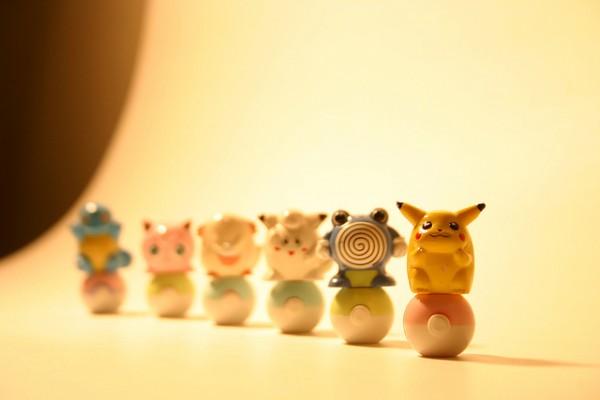
From Brooklyn to Brazil, Pokémon Go has taken the world by storm. And with its popularity has come a media frenzy — Thieves are luring defenseless children! Those troublesome millennials are playing while driving! The game is even banned in Iran.
Popular games have long sparked moral panics and public anxiety about the well-being of our youth and their distinctive cultural tastes and subcultural practices. But we shouldn’t be so quick to panic. In an overview of the game over at Cyborgology, Marley-Vincent Lindsey argues that casting the game as “good” or “bad” ignores important social context. He explains,
“Èmile Durkheim would have called it the collective effervescence of the 1990s: an activity as much about the affect and socialization produced as it was about the game. Nintendo may have designed it, but people made it real.”
And in fact, social science research gives us a more measured perspective on the good, the bad, and the Poké. Games create powerful social spaces where people can share a common emotional focus. This draws us in, and it is a foundation for all kinds of human social behavior. Rituals lived out through interactions create powerful shared social experiences that bring people together; we see this in everything from smoking to social media.
- Gary Alan Fine. 2002. Shared Fantasy: Role Playing Games as Social Worlds. University of Chicago Press.
- Randall Collins. 2005. Interaction Ritual Chains. Princeton University Press.
And if previous sociological research suggests concerns about games like Pokémon Go, they have more to do with inequality and social control than moral chaos. Too often, we assume everyone can approach public space in the same way, which can blind us to the ways in which patterns of play mirror and reproduce residential segregation. Research also shows how legal systems work to “banish” certain people from public spaces. On this front, it is useful to think critically about who the police allow at the Pokéstop next to that park fountain just after dusk.
- Katherine Beckett and Steve Herbert. 2009. Banished: The New Social Control in Urban America. Oxford University Press.

Comments